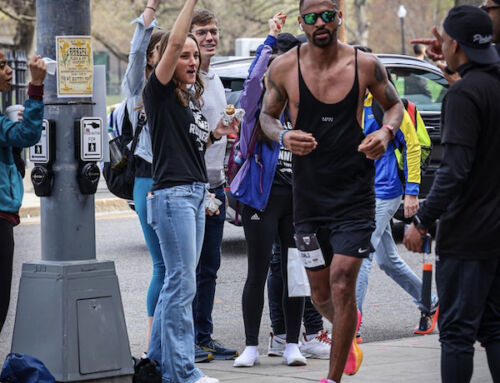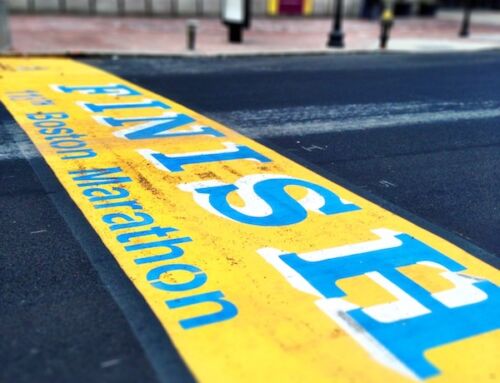Way back in 1872, a terrible fire destroyed 776 buildings across 65 acres of land in Boston on November 9th and 10th.
The fire started in a building at 83-85 Summer Street, at the corner of Kingston Street around 7pm. According to Boston Fire History, the first alarm was received at 7:24pm. When the first engine arrived, the fire had completely engulfed the building. Additional alarms were struck at 7:29pm, 7:34pm, 7:45pm and 8:00pm. All 21 fire companies in the city were eventually on the scene. The fire quickly spread for many reasons including wooden roofs and narrow streets allowed fire to jump from building to building and street to street. Urgent telegraphs were sent out and nearly all the cities and town surrounding Boston sent help.
The firefighters struggled to put out the flames due to poor water pressure from the hydrants and water mains that hadn’t been updated. And as if that wasn’t bad enough, there was a flu epidemic that affected the department’s fire horses that pulled the trucks. As the fire continued, the streets became packed with onlookers, looters, and residents trying to save their property which also complicated the situation for the firefighters.
After burning uncontrollably for over twelve hours, buildings were blown-up using black gun powder in a controversial effort to create a fire break.
Eventually, the fire was stopped at corner of Washington and Milk streets in an effort to save the Old South Meetinghouse. Miraculously, only two Boston firefighter were killed, with the total deaths coming to thirteen or twenty depending on what you read.
In the aftermath of the fire, a special commission was assigned to investigate the “cause and management of the Great Fire in Boston.” The cause of the fire was never discovered, but the Commission compiled a detailed report that outlined the factors that had turned the fire into a disaster. According to the Boston Public Library, many of the buildings had been insured and rebuilding the area started quickly but changes were introduced when planning the section so that the “perfect storm” of circumstances that created the Great Boston Fire would never happen again.
Thank goodness!
image via Boston Public Library
Maureen Dahill is the editor of Caught in Southie and a lifelong resident of South Boston sometimes mistaken for a yuppie. Co-host of Caught Up, storyteller, lover of red wine and binge watching TV series. Mrs. Peter G. Follow her @MaureenCaught.




